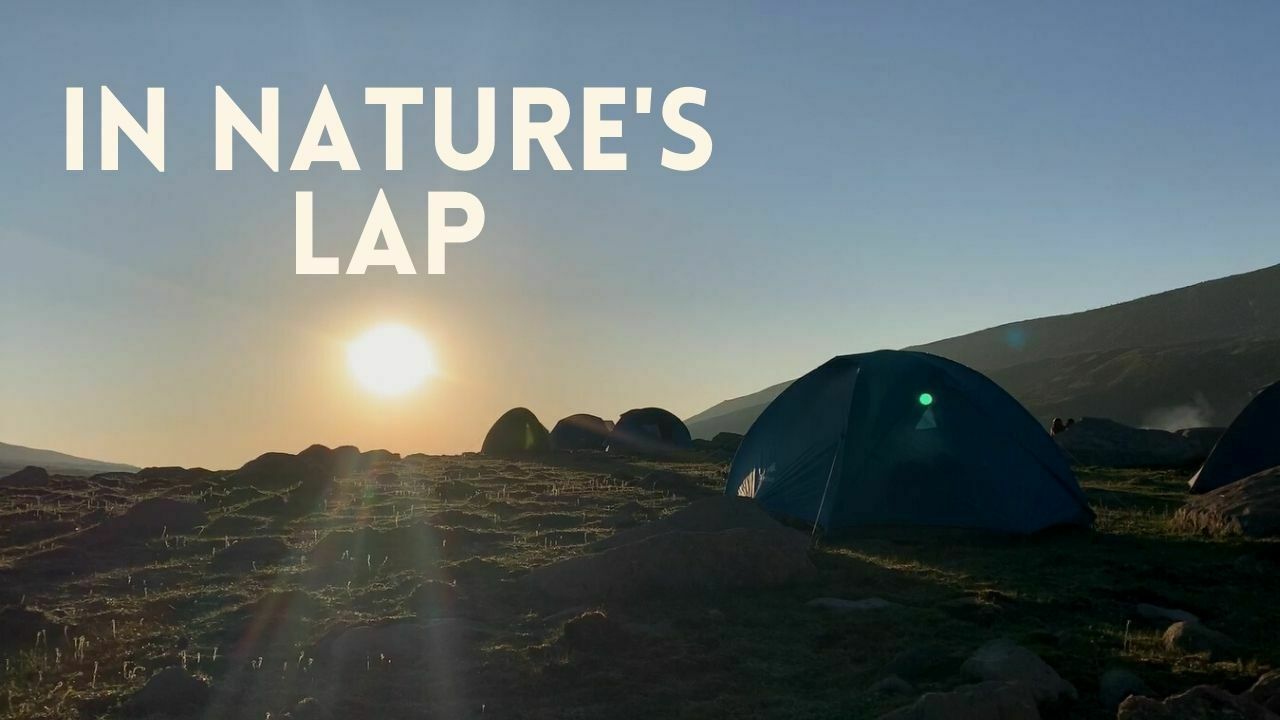Not long ago, both locals and tourists would only visit a handful of picnic spots like Gulmarg, Pahalgam or Dal Lake and Mughal gardens in Srinagar city. Only a few people or groups would go for trekking. However, of late trekking activities have boomed in the Kashmir valley. Several local mountaineering clubs have mushroomed in not just Srinagar but other districts of the Valley as well. These groups are very active as they post photographs of their treks on social media. Not just the young males but children, women and people of all age groups are taking part in trekking activities. A couple of all-women trekking groups too can be seen active on social media. The credit for developing interest in trekking solely goes to the Kashmir valley’s oldest mountaineering club – J&K Mountaineering and Hiking Club (JKMHC).
JKMHC was founded in 1934 by Eric Biscoe, son of Tyndale Biscoe, who had founded the Valley’s oldest English medium school in 1880 named after him. The club had almost become defunct after the eruption of militancy in Kashmir valley but its activities started picking up again during the past seven-eight years or so. Though Covid-19 played spoilsport initially, the activities of the club majorly resumed after the easing of the lockdown last year. Besides undertaking its usual treks that would sometimes last for days, the ‘Sunday treks’ of the club became very popular among the masses. Giving the routine Sunday picnics a miss, amateur trekkers started preferring mountaineering during their weekly offs. Thanks to social media, more people started taking interest in Sunday treks. And now, the JKMHC finds it difficult to accommodate all for its Sunday treks. As a result, more clubs mushroomed that now regularly organise separate mountaineering activities. Mountaineering has now become a passion especially among the youth.
Due to the growing popularity of trekking, several shops have come up that offer good quality trekking equipment where tourists or trekkers, mountaineers and adventure enthusiasts can hire all trekking and mountaineering equipment. Equipment like rucksacks, sleeping bags, mats, tents and other equipment for trekking are now available for sale or rent. Online orders for trekking equipment too have witnessed an increase during the past few years. Another positive impact of the locals in Kashmir starting trekking activities is that a section of tourists now exclusively comes here for mountaineering. Not just the foreigners but the domestic tourists have started showing major interest in trekking. Few tour operators have also started offering exclusive packages for intending adventure tourists and in the coming years, there will be a huge increase in the influx of visitors solely coming to Kashmir for mountaineering. It is an encouraging development for the Valley’s tourism sector that is hoping to revive after taking a huge hit first in the aftermath of the abrogation of Article 370 on August 5, 2019 and then due to the successive Covid lockdowns.
In the given scenario, the authorities need to take several steps so that the trekking activities are properly regulated. First and foremost, the government should register the mountaineering clubs and check whether or not they have experienced persons in their midst. Only an experienced trekker should lead a group. There have been instances where trekkers lost their lives. The clubs need to have knowledge of routes, know-how of what to do in case a trekker gets lost and how to be safe from wild animals. For example, carrying an emergency whistle and a headlamp or a flashlight is of great help in case someone gets lost during mountaineering.
A mountaineering group needs to be aware of measures needed to be taken while undertaking trekking expeditions. Amateurs should not embark on longer trekking expeditions alone and need to take experienced guides with them.At the same time, the authorities have to ensure that the trekking groups do not cause damage to the ecology. Few days ago, tour and trekking groups and environmental activists had raised alarm over a private group that reportedly caused damage to the environment in Pahalgam, which serves as a base camp for trekkers. The Travel Agents Association of Kashmir (TAAK) had also issued a statement against the ‘irresponsible behaviour’ of a private trekking company that organises treks ‘in bulk’. “We appeal LG Administration to blacklist the said company and lodge an FIR against this company. Keeping into consideration the eco-fragile nature of our forests, TAAK as a responsible stakeholder will not allow anyone to fiddle with the environment and ecology of Kashmir. We pledge to allow and support agencies and people who promote responsible tourism in Kashmir,” the statement had added. Later, chief executive officer Pahalgam issued an order in this regard. “It has come to our notice that some trekking groups have caused damage to the natural landscape besides littering tracks and putting fragile ecology and environment of the area in danger. In order to protect the integrity of the environment, it is hereby ordered that no trekking group shall be allowed to carry trekking towards Lidderwat, Tarsar-Marsar, Katrinag, Tulyan and Sheshnag Lakes without the proper permission of the competent authority,” the order said. Though prompt action was appreciated by all, the administration has to remain on toes to ensure that no further damage is caused by the mountaineers due to a huge increase in trekking activities. The tourism and other concerned departments should also issue advisories and launch an awareness campaign so that no damage to the environment is caused by the mountaineers.
(Views expressed are personal. Email: [email protected])











